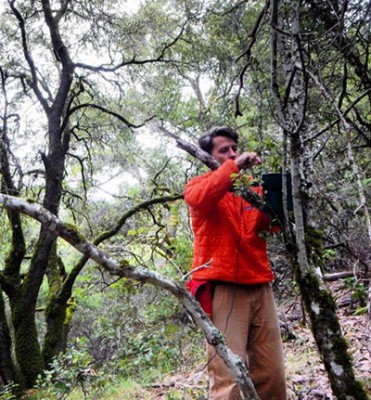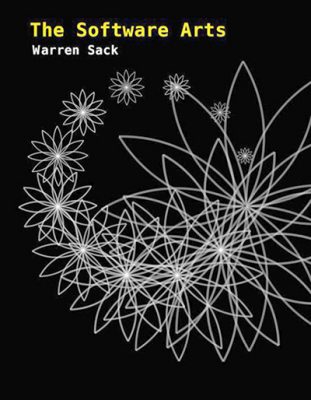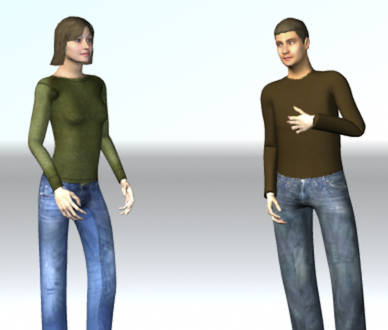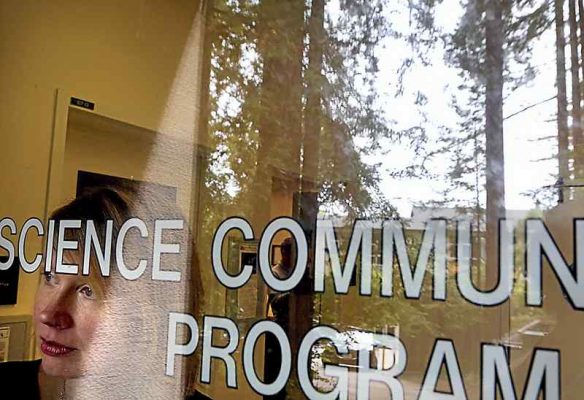Events
The Genomic Open: Then and Now
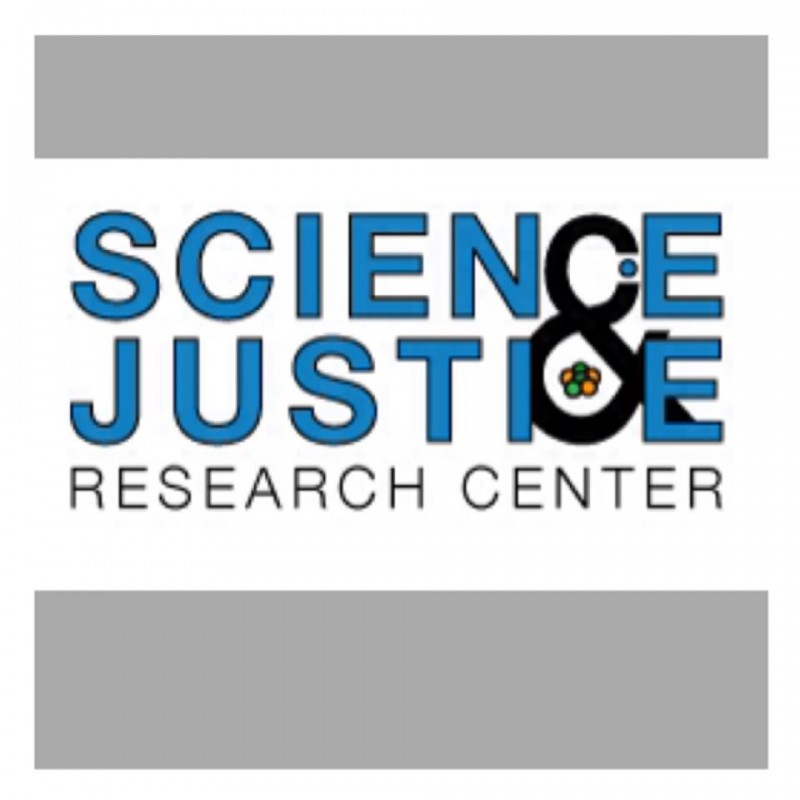
(Source: The Science & Justice Research Center website)
November 12, 2015 — Santa Cruz, CA
The Science & Justice Research Center at UC Santa Cruz announces a day-long seminar.
- Seminar: The Genomics Open: Now and Then
- Wednesday, November 18, 2015
- 10:30AM – 5:15PM
- Biomedical Sciences Building, Room 200, UCSC
- Admission is free, however seating is limited, register here.
The story of the Bermuda Principles and their codification of genome scientists’ commitment to save the human genome from private enclosure is the dominant story of the Human Genome Project. Twenty years after the first historic Bermuda meeting, this seminar will gather together at UC Santa Cruz key players in the creation of an ‘open’ approach to genomics with historians of genomics and allied fields to critically reprise this iconic story. UC Santa Cruz played an important role in ensuring that genomic data remained in the public domain. Today it continues this commitment, but the times have changed.
First, genomics is no longer primarily funded by public funds, and a line between public and private efforts can no longer easily be drawn.
Second, human genomics is marked by a desire to gain data from private persons who have privacy rights that do not easily articulate to an ethos of open access.
Third, genomics is a global science that requires working across nations that have diverse approaches to questions of privacy and private/public ‘partnerships.’
Finally, the number of people producing genomic data and the amount of data itself has grown exponentially, creating new challenges for creating data sharing rules and norms.
Participants in this workshop will return to the forging of the Bermuda Principles in 1996 both to generate new insights about the emergence of the genomic open in the 1990s, and to understand what a richer understanding of this history might offer to contemporary efforts to enact public genomics.
Attending:
- Rachel Ankeny, Professor of History, The University of Adelaide, Australia
- Jenny Bangham, Research Scholar, Max Planck Institute for the History of Science, Berlin
- Scott Edmunds, Executive Editor of GigaScience
- David Haussler, Scientific Director of the Genomics Institute, UCSC
- Stephen Hilgartner, Professor of Science & Technology Studies, Cornell University
- Kathryn Maxson, PhD candidate, History of Science, Princeton University
- Beth Shapiro, Associate Professor of Ecology and Evolutionary Biology, UCSC
- Hallam Stevens, Assistant Professor of History, Nanyang Technological University, Singapore
Learn more here: http://scijust.ucsc.edu/november-18-2015-the-genomic-open-then-and-now/
Register here: https://www.eventbrite.com/e/the-genomic-open-then-and-now-tickets-19044161600
The Science & Justice Research Center at the University of California, Santa Cruz, is a globally unique endeavor that innovates experimental civic spaces and collaborative research practices for exploring today’s most pressing challenges. Biomedical innovation, species extinction, big data and other contemporary matters of concern pose questions that cross multiple intellectual and institutional lines. Science & Justice generates collaborative modes of inquiry and empirically rigorous research that can address these enormous challenges and support a diversity of livable technoscientific worlds. The Center is home to the Science & Justice Working Group, graduate training programs and sponsored research projects. The initiative builds on the UCSC campus’ historic commitments to social justice and strengths in science studies and interdisciplinary research. http://scijust.ucsc.edu
This event is sponsored in part by the UCSC QB3 Genomics Institute.
###
Tagged genomics, UC Santa Cruz





